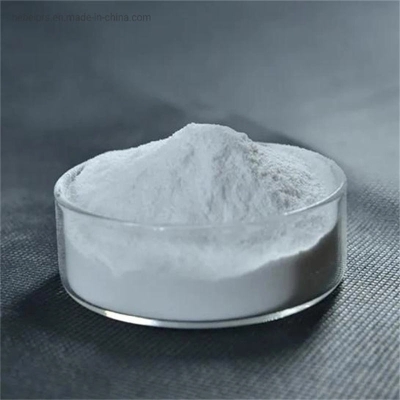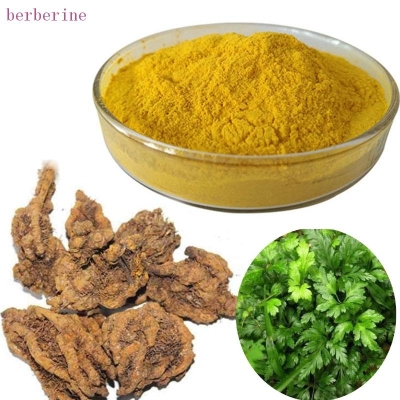Anti inflammatory effect and mechanism of ethyl acetate extract from Vitex negundo
-
Last Update: 2015-03-09
-
Source: Internet
-
Author: User
Search more information of high quality chemicals, good prices and reliable suppliers, visit
www.echemi.com
Recently, researchers from the Department of gynecology and obstetrics of Shenzhen Longgang District Maternal and child health care hospital published a paper to study the anti-inflammatory effect of Vitex negundo ethyl acetate extract (evn-50) in vivo and its possible mechanism It is suggested that evn-50 can significantly inhibit all kinds of acute inflammatory reactions, and its mechanism may be achieved by inhibiting p38MAPK cell signal transduction pathway This article was published in the 4th issue of Journal of Yan'an University (Medical Science Edition) in 2014 Four kinds of acute inflammation models were established: auricle swelling model induced by xylene in mice, paw swelling model induced by egg white in rats, capillary permeability increasing model induced by 0.7% acetic acid in mice and systemic inflammation model induced by norcantharidin suspension in rats To observe the inhibitory effect of evn-50 with different concentrations on acute inflammation model, to detect the expression of p38MAPK protein in the blood of rats with systemic inflammation by Western blot, to detect the expression of TNF - α, IL-1, IL-6, COX-2 inflammatory cytokines in the serum of rats with systemic inflammation by ellsa, and to explore the possible anti-inflammatory mechanism of evn-50 Evn-50 had significant inhibitory effect on four kinds of acute inflammation models Compared with NS group, the difference was statistically significant (P < 0.05) At the same time, the expression of p38MAPK protein and TNF - α, IL-1, IL-6, COX-2 inflammatory cytokines decreased in norcantharidin induced systemic inflammation rats.
This article is an English version of an article which is originally in the Chinese language on echemi.com and is provided for information purposes only.
This website makes no representation or warranty of any kind, either expressed or implied, as to the accuracy, completeness ownership or reliability of
the article or any translations thereof. If you have any concerns or complaints relating to the article, please send an email, providing a detailed
description of the concern or complaint, to
service@echemi.com. A staff member will contact you within 5 working days. Once verified, infringing content
will be removed immediately.







